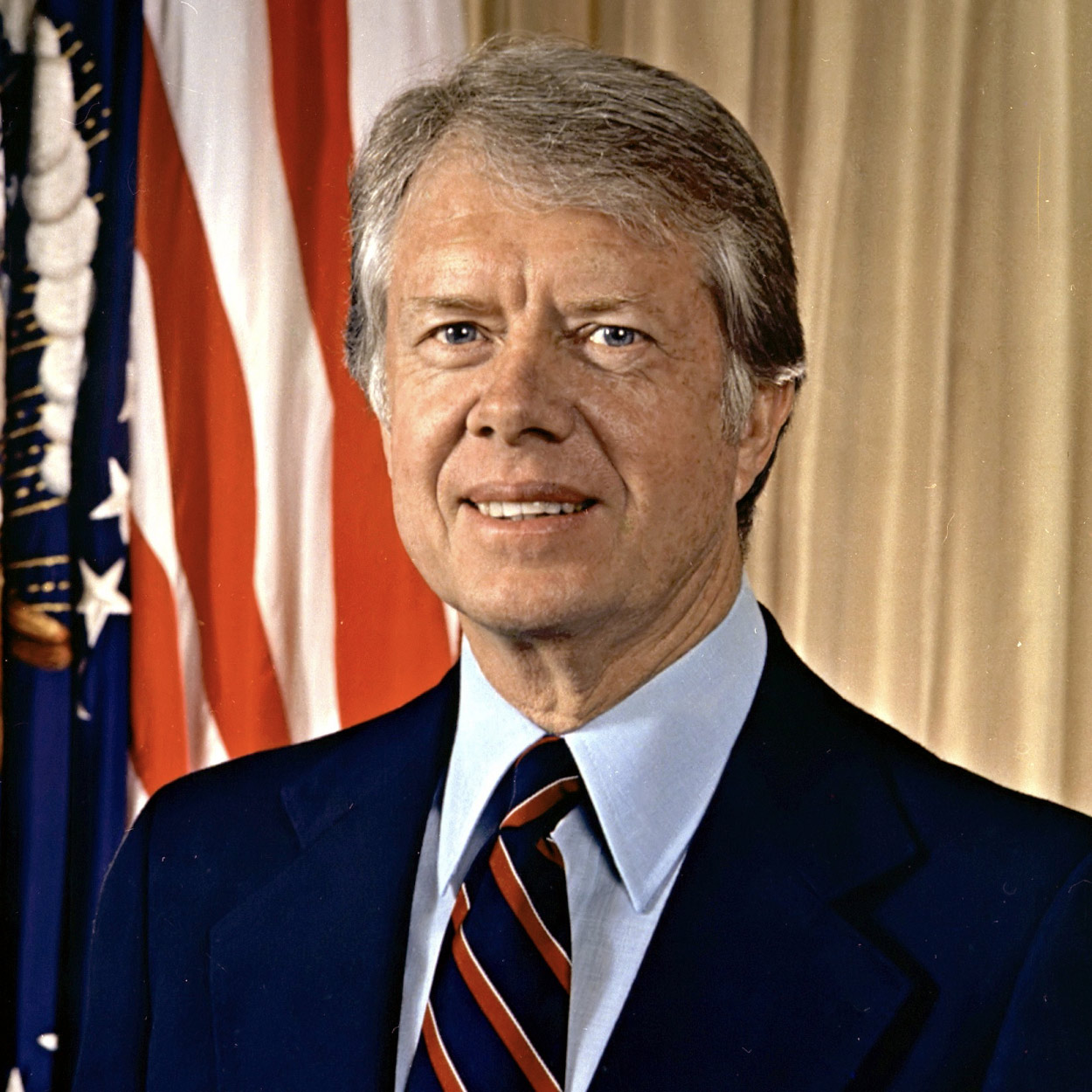The symbolic meaning of Jimmy Carter’s election

The Significance of Jimmy Carter's Rise to Power
The Mysterious Rise of an Outsider
In the realm of presidential elections, Jimmy Carter's journey remains an extraordinary tale. Virtually unknown outside his home state of Georgia, he shattered the political glass ceiling, emerging as an unlikely victor in 1975.
The Era of Seismic Upheavals
Carter's rise coincided with a transformative period in American society, following the tumultuous years of the 1960s and 1970s. This era, as historian Rick Perlstein notes, witnessed rapid cultural shifts, social unrest, and the collapse of long-standing norms.
Symbolism and the Carter Presidency
Carter's overt moralism, coupled with his knack for self-reflection, resonated with a nation eager for introspection amidst an era of upheaval. His campaign embodied a brief moment of national self-criticism, a contrast to the prevailing consumerism and dwindling self-critical discourse.
A Symbol Oppressed by the New Right
To the burgeoning New Right, Carter's presidency represented everything they despised. His self-critical stance exemplified the very ideals the right wing sought to suppress, fostering their hatred for the concept of national reflection.
Echoes of Umberto Eco's "Ur-Fascism"
Umberto Eco's analysis of "Ur-Fascism" finds parallels in the reaction to Carter's election. The cult of action, the suppression of critical thought, and the vilification of intellectuals are hallmarks of both authoritarian regimes and the right wing's opposition to Carter's leadership.